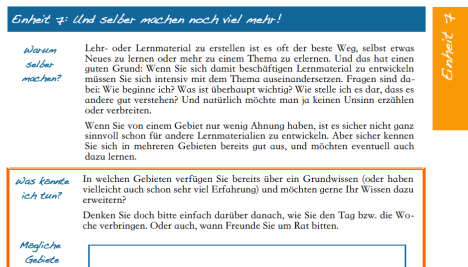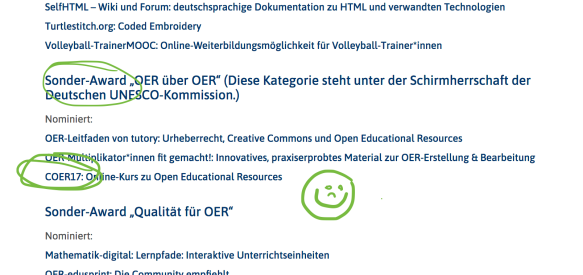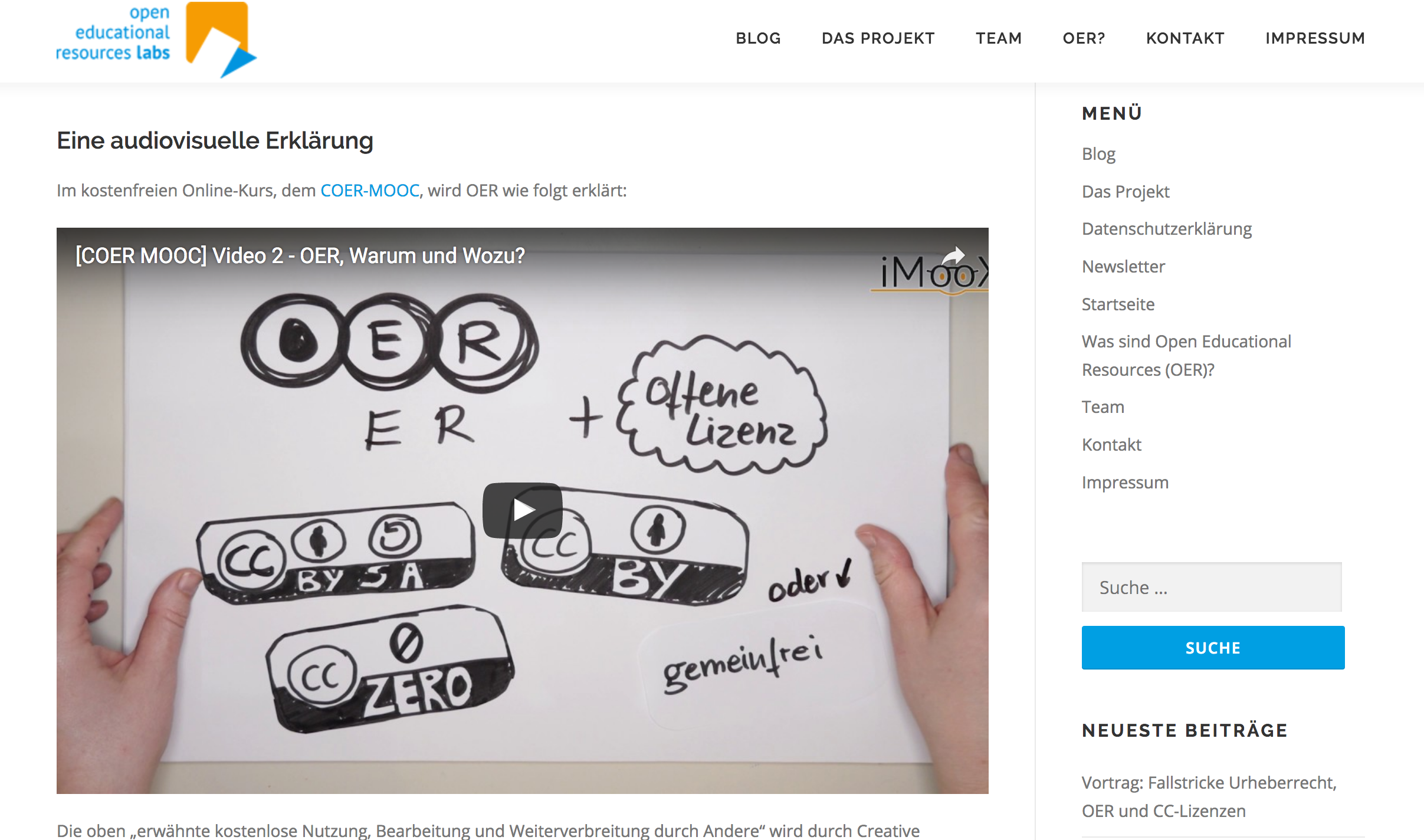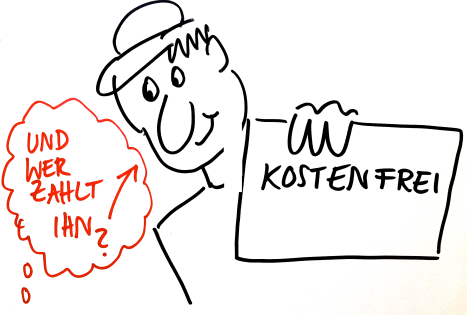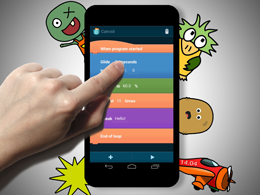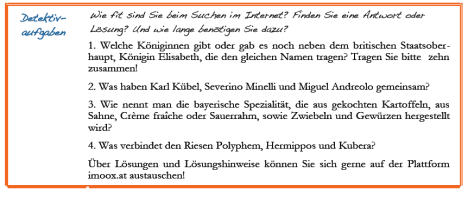Im Rahmen einer Sonderausgabe von „Erziehung und Unterricht“ haben wir über unsere Erkenntnisse eines MOOC-Einsatzes rund um das Thema „Pocket Code“ bzw. programmieren mit Kindern festgehalten.
Zusammenfassung:
„Learning to Code – Programmieren mit Pocket Code“ ist ein MOOC der entwickelt wurde um vor allem Kindern und Jugendlichen erste Programmiererfahrungen zu ermöglichen. Dieser Kurs wurde auf der MOOC-Plattform iMooX angeboten und auf zwei verschiedene Arten durchgeführt: Im ersten Setting wurde der Kurs von den TeilnehmerInnen rein online bearbeitet (öffentlich). Im anderen Setting wurde der MOOC mit einer Schulklasse während des Unterrichts durchgeführt (geschlossen). Obwohl es im Online-Setting einen für MOOC typischen Rückgang der Aktivität gab, zeigte eine nähere Analyse der Quizbearbeitungen, Videos, Feedbacks und abgegebenen Programme eine starke Auseinandersetzung der aktiven TeilnehmerInnen mit den Kursinhalten. Auch im Schul-Setting ergab die Analyse eine intensive Beschäftigung der SchülerInnen mit dem Thema Programmieren. Die Abschlussprogramme sowie die Auswertung eines Post-Tests verdeutlichen eine Steigerung der Programmierfähigkeiten. Es zeigte sich, dass MOOCs mit entsprechender Aufbereitung und Durchführung eine Abwechslung und Alternative sein können, um informatische Lerninhalte anzubieten und zu vermitteln.
Referenz: Janisch, S., Ebner, M., Slany, W. (2017) Informatische Bildung mithilfe eines MOOC. Erziehung & Unterricht. Jg. 167. 7-8. S. 18-26

